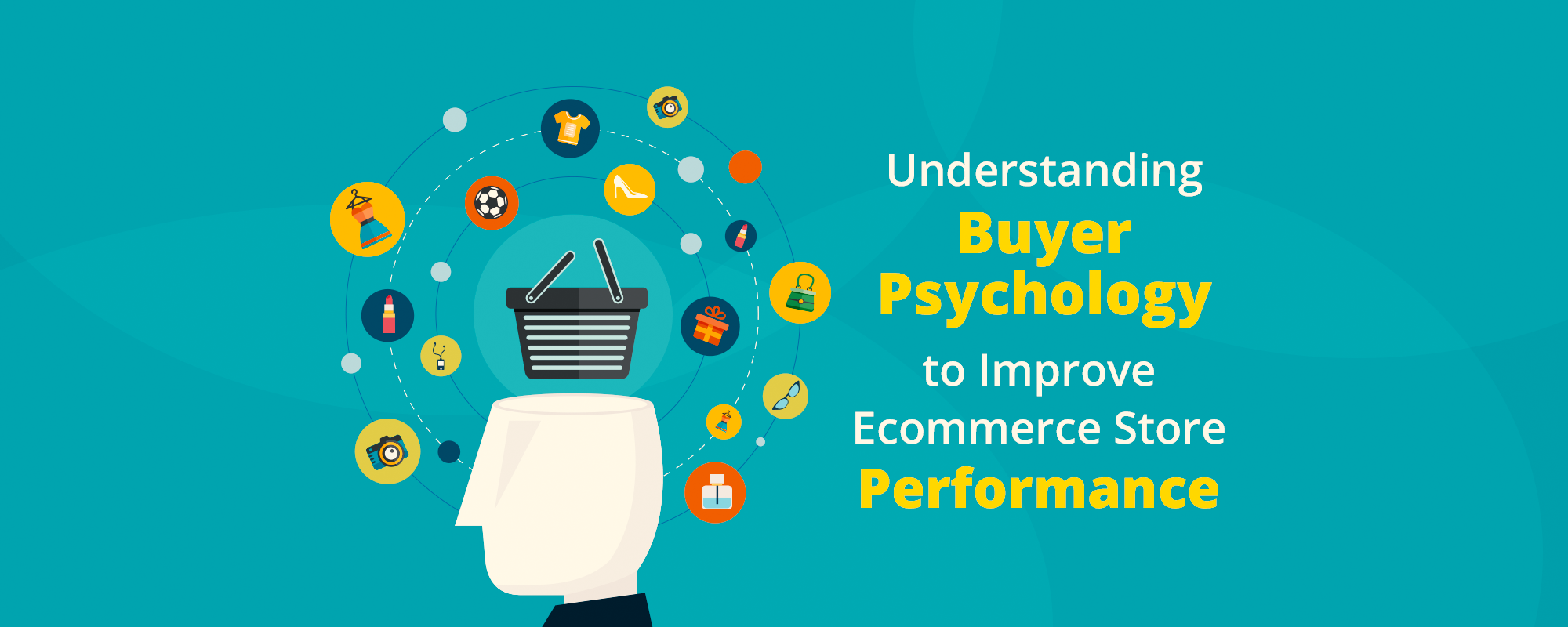There is a lot of noise around big data and how it can help businesses perform better. While we don’t mind that, we keep thinking about small and growing ecommerce stores that don’t yet have access to petabyte-scale business data. With the same in mind, our team of analysts has gathered data sources for ecommerce stores that will generate user insights related to demographics, shopping behavior and buyer psychology.
If you want to push up product sales, and make improvements in your marketing campaigns, then, here are some practical points to mine valuable data:
Buying history
Every modern ecommerce store – be it simple online shop or multivendor platform – is capable of generating useful data on the basis of previous purchases. Most insightful data matrices related to users are:
- Products/category shopped
- Price range
- Average monthly shopping
- Order intervals
Data derived from Buying History can be easily fetched from the admin area, and used to pitch products in shopper’s favorite category and price range. This will directly boost store sales.
Abandoned products
Shoppers don’t add products to the cart by accident. There are many reasons why some products are left for later and sometimes never purchased. Some prominent ones are:
- Product exceeds budget, and shopper is waiting for price to fall.
- Shopper wants to look at other similar options before purchasing.
- The need of the product is not urgent.
A quick glance at abandoned cart with demographics and buying behavior in mind will be enough to figure out what ought to be done to trigger a sale. Some options could be:
- Offering a discount on a particular
- Notifying shoppers about awaiting product
Wishlist
This feature is a goldmine of insights for website owners. Studying wishlist will tell you about shopper aspirations and potential purchases. Amazon has done remarkable work in this field by giving shoppers the feature of Multiple Wishlists and Wishlist Search.
Shoppers can be notified whenever something in their wishlist witnesses:
- Decline in price
- Special offers
- Product upgrades
While hosting special sales, wishlist data can be highly valuable. So, make the effort to analyze wishlist data and plan surprises for registered users.
Pro tip – Get the feature of creating wishlist without registering
Referral traffic
To amplify growth and push sales numbers, ecommerce stores invest in affiliate marketing. The traffic that arrives from such affiliate resources also brings diverse data which can be mined with the help of Google Analytics or other ecommerce Analytics tools. This traffic can be analyzed to figure out:
- Channels generating maximum traffic
- Geographical regions with highest demand
- New users from different sources
- Insights related to sessions duration and conversion rate
Not familiar with Analytics reports? Have a look at this post to get acquainted with 15 most critical ones.
Page insights
Some website pages are more critical than others from sales perspective, and it’s important to know how they are performing individually. Again, tools like Google Analytics and ClickTale can help you unearth numbers that will give clear understanding of:
- Page performance
- Traffic sources
- Improvement areas
- Bounce rate
By gathering diverse set of page data, you will be able to make drastic changes to improve visitor experience.
User profiling
More you know about your audience, better experience you can deliver in the long run. This is the reason why ecommerce stores highly value user data and take steps to gather as much as they can. Below data figures influences product expansion as well as marketing approach:
- Gender
- Age
- Martial status
- Income group
Modern ecommerce stores bring the functionality of generate reports based on user data. Analytics too throws light on demographics to give helpful records on age and gender.
Email clicks
If you invest in email marketing, then, you have ready data in hand. Popular mass mailing solutions like MailChimp bring powerful features that shares statistics related to:
- Average open rate
- Average click rate
- Total unsubscriptions
- More
Such analytics insights will help you make improvements in your email campaigns and engagement.
Not investing in email marketing?Just read on to find other authority data sources!
Click paths
There are many ways to find products and make purchases. While some trust main navigation, others love to use search functionality. Few arrive on website through referral link or search engine. Your job is to shorten the path that leads to the final purchase.
Studying the click paths through Analytics will help you gather:
- Drop-offs at every stage
- In-page interactions
- Session data
- More
CrazyEgg is probably the most insightful tool out there to analyze visitor movements and click path. Google Analytics is the second best.
Site search
Search is a popular channel of product discovery on ecommerce platforms. Search queries made by registered users can tell:
- What they are looking for?
- What type of keywords they use?
- How many times search results in purchases?
Valuable data can also be collected from searches ran by unregistered users. Popular online stores use the site data to pitch similar products to the shoppers using a dedicated section.
Looking for an advise related to your website search?
Physical purchase history
Besides being active online, some brands also have offline presence. Companies that realize the importance of user data collect mobile number, email, birthday, and other details to build a database that can be used to tailor experience and improve customer service.
Leading offline brands use sophisticated software to gather this data, and then use it to make buyers aware about:
- Upcoming discounts
- New catalogue additions
- helpful resources
Some are even using their offline data to engage people online.
Marketing campaigns
Have you been running online marketing campaigns on blogs, social media, and affiliate networks? If yes, then, you have solid data at hand regarding:
- Clicks
- Bounce rate
- Session length
- Conversions
Use this data to improve your offerings, make campaign tweaks, and enhance site experience. This analysis will not only give you insights but also prepare you better for future campaigns.
More for the data hungry
We are done with the 10 we promised. For those who want more, here are more sources:
- Research insights
- Surveys
- Sample study
- Reviews
Above points will give you truckloads of information and numbers to play with. If you still aren’t pleased with sales figures and performance of your ecommerce store, then, it would be best to consult a team that can look into your website, marketing campaigns, and figure out what’s wrong.
Got any specific queries about branding, site design, and performance?


Comments (2)
 Michael Waugh
Michael Waugh
 FATbit Chef Post author
FATbit Chef Post author
Marketing campaigns plays a vital role in E-commerce business success. You need to improve your on page changes in your eCommerce website to grab the user’s attention. SEO is one of the best option to increase visibility of your business online using effective keywords.
You are right, Michael. SEO plays an important role in the success of any E-commerce business. Understanding the buyer’s psychology and needs helps in formulating better SEO strategies; thereby, helps business in achieving greater heights.
Regards,
FATbit Team